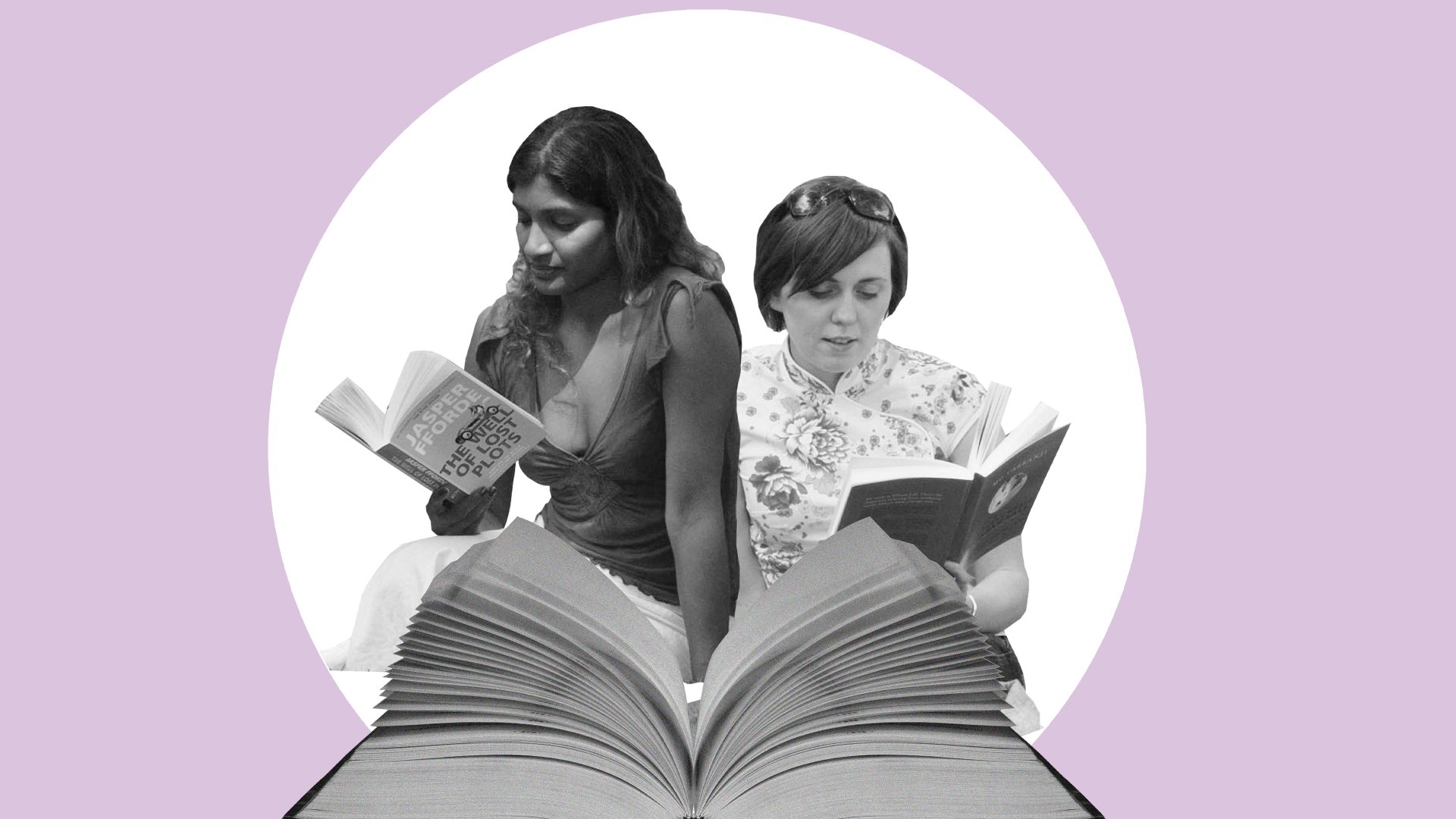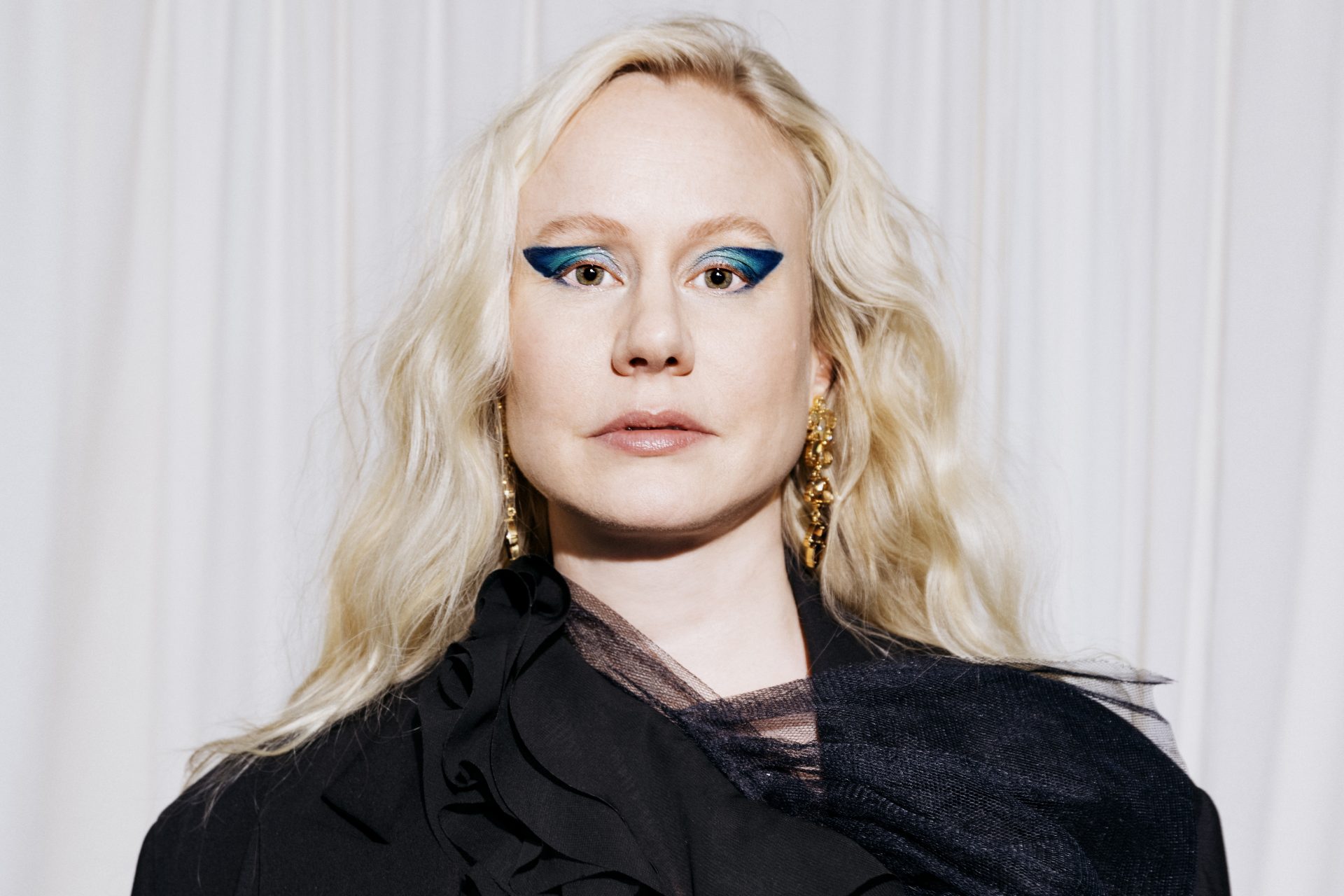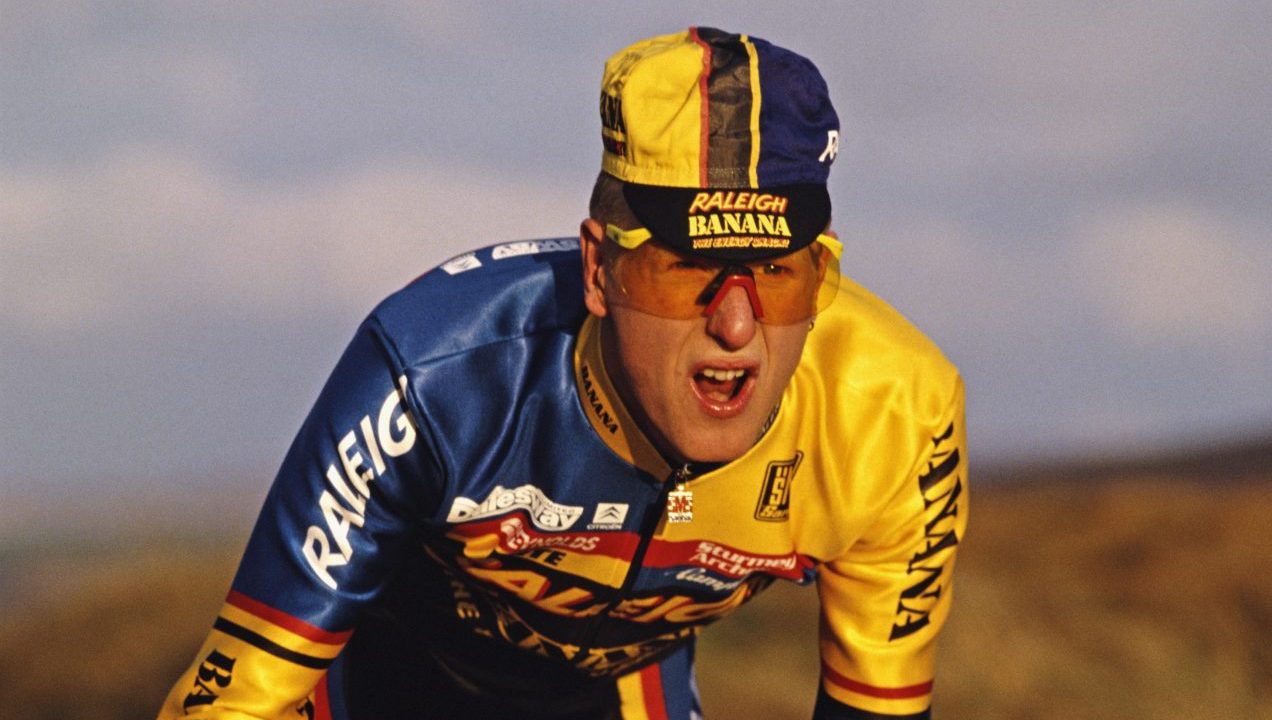A couple of Sundays ago I went to a literary event. It was a good one, too: the crime writer Val McDermid came to our local hall for an on-stage chat that covered everything from her early days as a journalist for Scottish newspapers to her recent campaigning stand against her beloved Raith Rovers signing the rapist David Goodwillie. A few questions from an enthusiastic audience followed, then Val went to the back of the hall and cheerfully signed books for a queue of people that snaked around the wall as
volunteers stacked chairs and dismantled tables.
It was typical of many events of this kind: the clanking of ancient radiators, the smell of floor polish, a slight ringing from the stage microphones, a reluctance to be the first audience member to ask a question, a couple of whistles from someone’s hearing aid, and of course the obligatory lengthy “not so much a question, more an observation” from a middle-aged man. It was delightfully, reassuringly normal.
It was also brilliant. You just can’t beat being at a live event in a room full of readers with a writer worth listening to. Especially as this was the first time since March 2020 I’d attended a bookish event away from my laptop screen. Indeed, so used had I become to watching book launches and festival events online I almost forgot to wear trousers.
For something that revolves around the solitary occupations of reading and writing, the world of literature can be a surprisingly gregarious one. From living-room book clubs with wine and Doritos to huge corporate hootenannies like the Hay festival, in less infectious times lovers of literature have a range of opportunities to share their enthusiasm for – and occasional
disappointment in – the written word with others and frequently with their favourite authors.
Before the pandemic, the literary festival was enjoying a golden age. As well as the big hitters like the Hay festival, the Edinburgh international book festival and the Cheltenham literature festival, smaller-scale events were springing up in libraries, bookshops, village halls, pubs and marquees from Shetland to Penzance. Book lovers had the chance to mix with like-minded souls, meet their favourite writers, discover new ones and leave with a souvenir tote bag bursting with signed copies.
As a festival experience it scores over musical equivalents in a number of ways. Generally you don’t risk trench foot and cholera at literary festivals; at readings there’s nobody bellowing boozily along six inches from your ear; and it’s rare to be distracted during a Q&A by a man in a jester’s hat offering you hash cookies from a hessian sack. Also, the ketamine is usually better at book festivals. Ha! Not really, that is a funny joke I am making.
For authors, too, festivals are a chance to escape the solitude, self-doubt and heroic biscuit consumption that characterise our daily routines to mix with other human beings, almost all of whom, luckily for our fragile egos, are pleased to see us. Writers actively look forward to festivals and not just because without them we would become so cut off from the world we’d only communicate via grunts and pointing.
In recent years the festival experience has improved for writers as well as readers, not least because these days more often than not we’re actually remunerated for our labour. In the olden times that was the exception rather than the rule: writers were expected to turn up on time, entertain an audience for an hour or two, sign a load of books and sod off again with nothing but an unconvincing assurance that travel expenses would be reimbursed at some point in the future.
I still fondly remember the festival that once asked me to undertake an odyssey involving a day’s travel each way, expenses capped at half what my train fare would cost and a single room in a bed and breakfast that for some reason I would have to vacate by 7am, and of course no fee. On top of that, I had to let them know immediately “because the programme’s waiting to go to the printers”. Tempting and all, but no.
Generally, however, authors are looked after pretty well at festivals, on top of getting to hang out with readers and occasionally scribbling our names in the front of their books. At a festival signing table in Nottingham once, a guy explained to me that he’d had a big row with his girlfriend the previous evening and intended to give her the book as part of a grovelling apology. He was quite specific about the message he wanted me to write, too, meaning that somewhere in the east Midlands there’s a book bearing the legend “I’m so sorry for being such an arsehole. Charlie Connelly”. Which, thinking about it, could be a justifiably standard inscription from yours truly.
When the pandemic hit, literary festivals really were working up a head of steam in terms of quality and quantity. In 2019 in Scotland alone more than three-quarters of a million people attended more than 60 festivals featuring 2,800 writers. That’s almost one in five people in Scotland attending events worth an estimated £11.3m to the Scottish economy.
The coronavirus put a stop to all that. Some festivals were forced to cancel altogether, while others scrambled to move as many events as possible online. Superhuman efforts were made to adapt to the new circumstances – with a great degree of success – but sitting at home watching an author on a screen wasn’t the same.
The on-screen message “THIS EVENT WILL BEGIN SHORTLY” could never replace the excited hubbub of a room full of people whose second plastic tumbler of wine is just hitting the spot as they eye the two chairs on the stage separated by a small table with a jug of water and two glasses on it, the ultimate literary still-life. Then there’s the self-consciously casual saunter of writer and interviewer on to the stage where both realise they haven’t arranged who’s sitting which side, leading to a slightly awkward dance and some nervous laughter as the hubbub starts to die down. The interviewer begins to speak but their microphone isn’t on for the first few seconds, then it comes on suddenly and they say, “can everyone hear me now?” There’s a happy murmur of assent and we’re off.
Two people in their living rooms on a split screen lacks that charm. That’s not to say there isn’t a place for it: streaming makes festivals much more accessible to a much wider audience and I’ve watched and participated in several very successful online events during the pandemic. But honestly you can’t beat the real thing. Typing “great event, thanks!” into a chat box will never top waiting in line with your hardback clutched to your chest, reaching the signing table, saying “I really enjoyed your talk, thank you,” handing over your book, answering the question of who you’d like it signed to and then walking away, flipping it open briefly to look at the signature of a favourite writer with your name above it written in the same hand.
I’ve missed all that. While Covid certainly hasn’t gone away – quite the opposite – there is a sense this year that literary festivals can return to
some sense of normality. As we speak, across the country organisations from slick PR and event management companies to a handful of volunteers
sitting round a table in a draughty community hall are filling the last gaps in their programmes and organising rotas to ensure that, come the day, everything runs as perfectly as possible.
Among this year’s highlights, Glasgow’s prestigious Aye Write festival returns to its traditional venue at the city’s Mitchell Library for the first time since 2019, running across three weekends from May 6-22 with headliners including Bobby Gillespie, Celia Imrie, Val McDermid and Ian Rankin. Cheltenham, which convincingly claims to be the oldest book festival in Britain, having been around since 1949, runs for a week from October 7 with a line-up yet to be announced but big names guaranteed.
In the west country, the Bath festival runs from May 13-21 with speakers including Davina McCall, Abdulrazak Gurnah, Elif Shafak and Costa prize-winning Claire Fuller while the biggest of them all, the Hay festival, returns
to in-person events after a three-year hiatus with around 600 writers appearing between May 26 and June 5. Expect line-up announcements soon.
At the other end of the scale, the festival circuit welcomes the Morpeth festival in Northumberland, which makes its bow on the weekend of April 9 and 10 with guests including Vera author Ann Cleeves.
We’ve missed a lot of things over the last couple of years, but perhaps what we’ve missed most is routine. The familiarity of doing the things we enjoy is almost as important as the things themselves, and for the literary enthusiast, 45 minutes plus audience questions with their favourite author is about as good as it gets. Of course, that’s not so much a question, more an observation.




